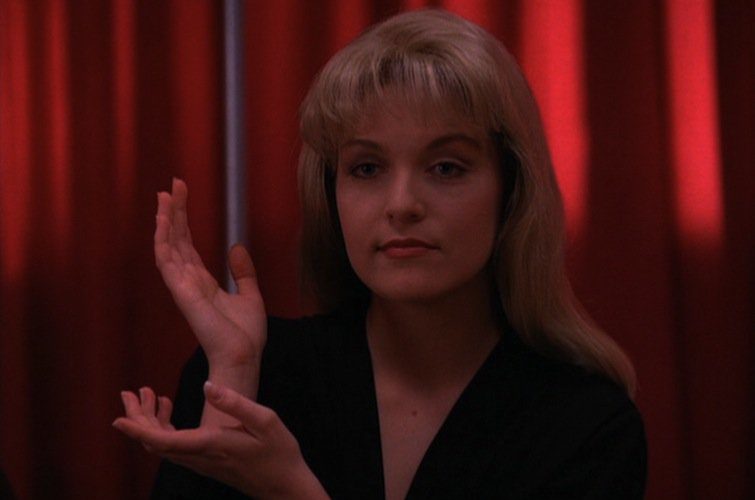
Dailies is a round-up of essential film writing, news bits, and other highlights from across the Internet. If you’d like to submit a piece for consideration, get in touch with us in the comments below or on Twitter at @TheFilmStage.
Following the news of new episodes, Mark Frost has announced a Twin Peaks novel will be published later next year that will bridge the 25-year-gap, The Wrap reports.
The Criterion Collection have announced their January 2015 line-up (click each title for details):
At Film School Rejects, Noah Gittell on what Whiplash has to say about violence in the NFL:
Who would have thought the most brutal film of the year would be about jazz? Andrew (Miles Teller), the protagonist of Whiplash, is a first-year jazz drumming prodigy who possesses the talent to be one of the greats but not the work ethic. When he finally meets someone who can train him to be the best, it is both a blessing and a curse. He makes it into the elite “studio” band led by Fletcher (J.K. Simmons), a legendary teacher and conductor, and Andrew’s confidence at having made the group is immediately and brutally ripped apart. Fletcher abuses him in every way imaginable: he slaps him repeatedly, screams ethnic slurs, and even throws a cymbal at his head.
Banksy Does New York and Amy Berg‘s documentary on Hollywood sex abuse, An Open Secret, will premiere at DOC NYC Festival next month.
At The Dissolve, Scott Tobias on the fraudulence of Alejandro González Iñárritu:
Alejandro González Iñárritu is a pretentious fraud, but it’s taken some time to understand the precise nature of his fraudulence. For a while, it seemed like much of the blame could be shifted to his former screenwriting partner, Guillermo Arriaga, with whom he made a triptych of everything-is-connected dramas that used violence as an organizing theme. Their collaboration, which started with the exhilarating Amores Perros, diminished into didactic shtick by the time they got through 21 Grams and Babel, but Arriaga went to the well a fourth time on his own with The Burning Plain, his laughable debut feature, so perhaps it was Iñárritu’s screenwriter who was holding him back. Then Iñárritu made Biutiful, a 150-minute pile-up of tragedy and transcendence that straightened out the chronology, but was no less oppressive and self-serious. It helped clarify why Iñárritu, for all his technical bravado, is such a terrible filmmaker: He’s incapable of modulation. He deals in intensity, in conflict, in grand poetic flourishes. He’s a goddamn artist!






